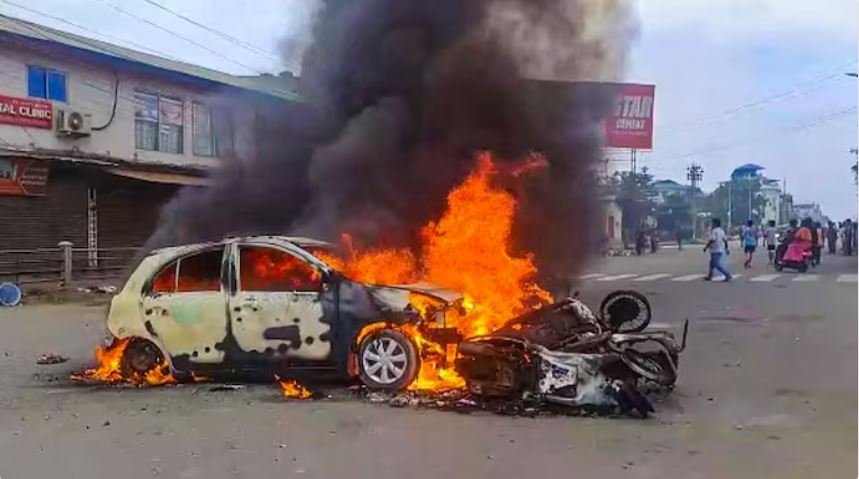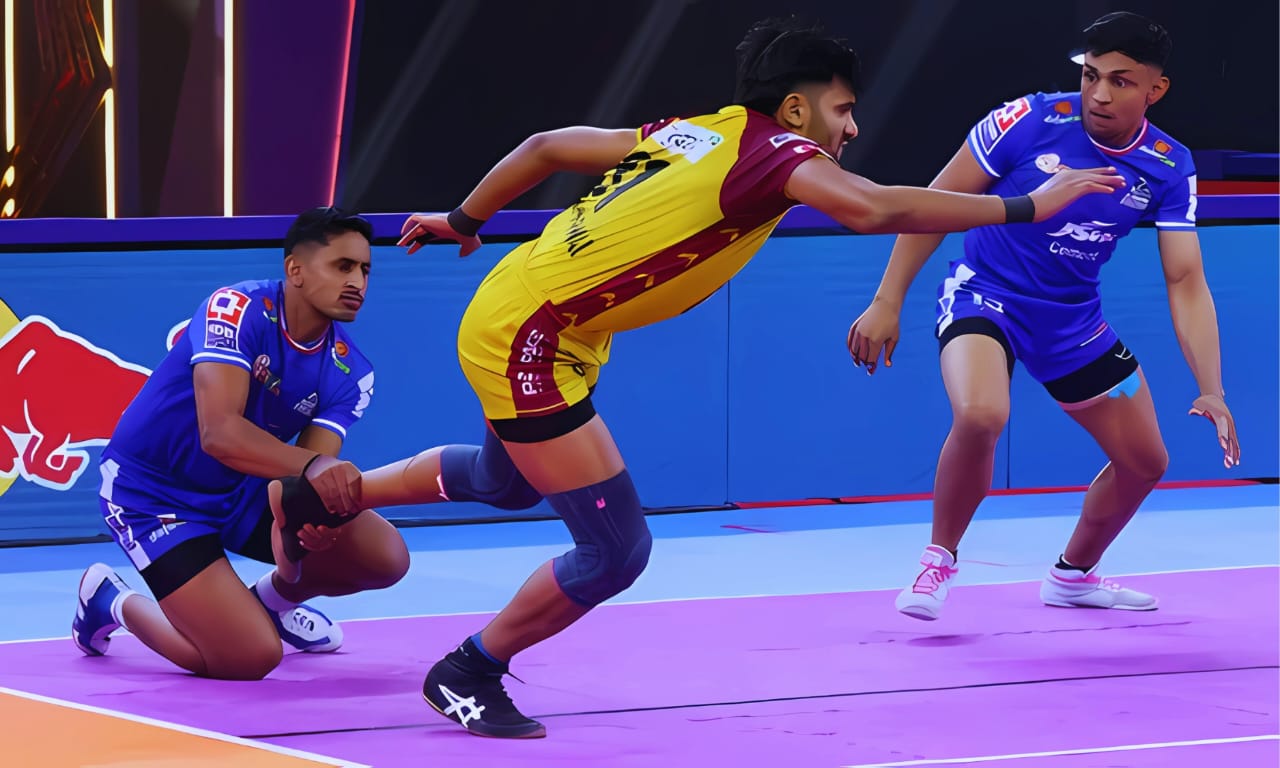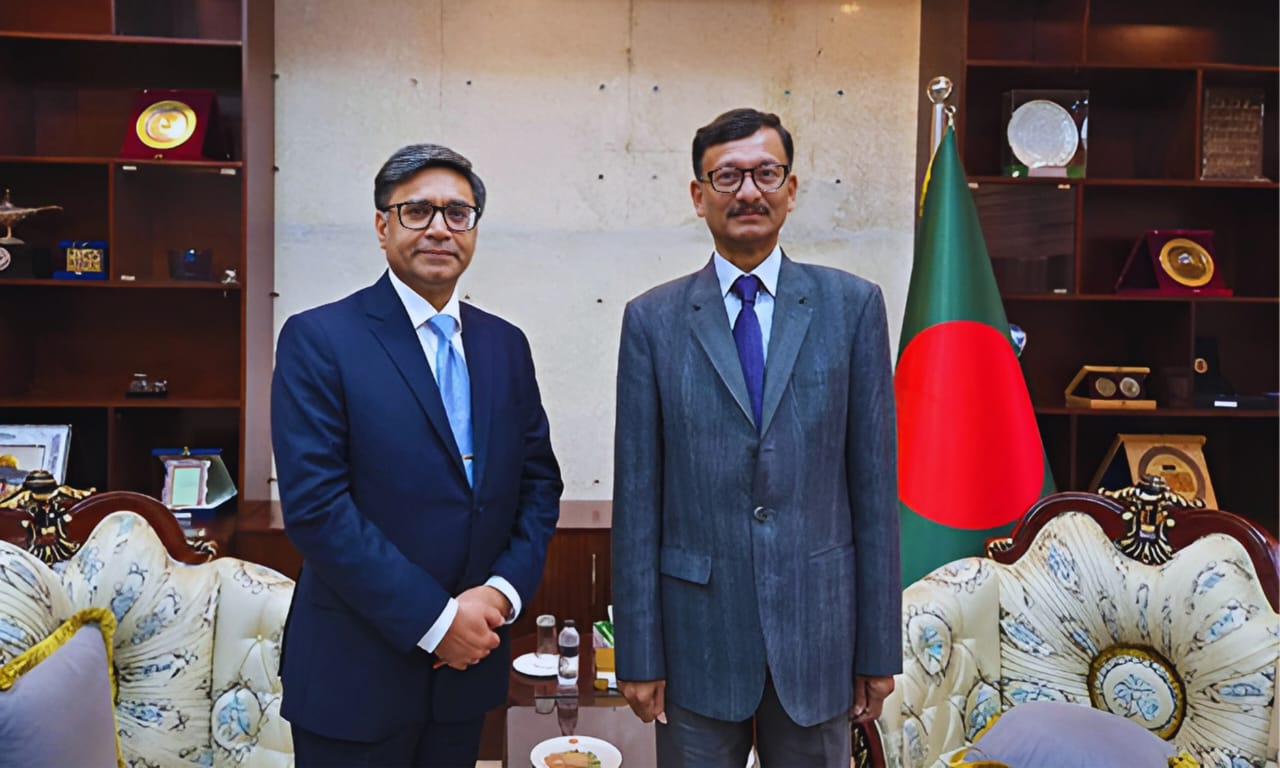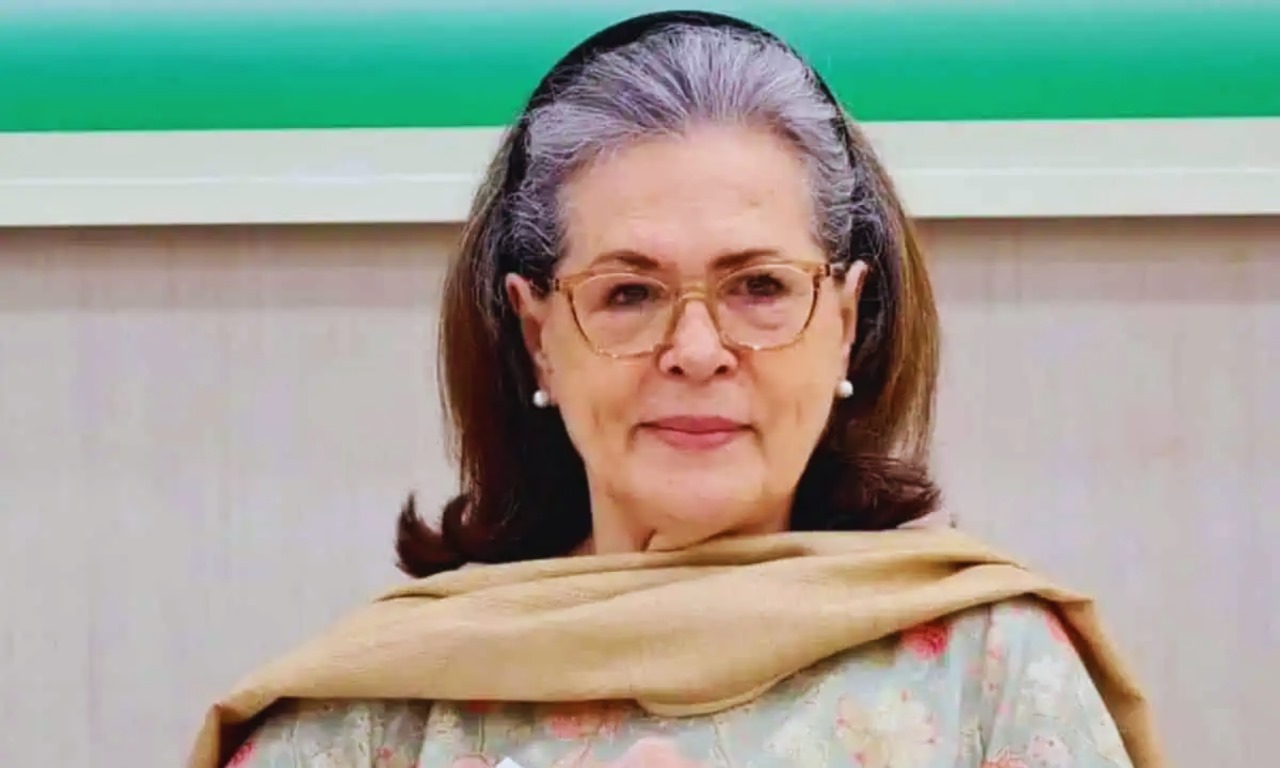Unrest in Manipur

On 3rd May 2023, Unrest in Manipur was seen because of clashes between the Kuki and Meitei communities in Manipur after the Manipur High Court pronounced an order. The community agitation killed nearly 100 lives, and thousands were displaced.
Following the clash, the Manipur government imposed an indefinite curfew under Section 144 of the CrPC in the violence-hit districts of the state on 3rd May 2023. Similarly, the state government announced an internet shutdown, which was extended till 20th June 2023.
On 10th June 2023, the Indian government constituted a peace committee under the chairpersonship of the Manipur governor to resolve the clash between the communities in the state. The committee includes the Manipur Chief Minister, a few state government ministers, MLAs, and MPs from various political parties in Manipur. Moreover, the committee also included representatives from various communities in the state.
On 11th June 2023, the representatives of the Kuki community boycotted the peace committee. Agitation among the Kuki community representatives over the inclusion of the CM in the peace committee was a reason for the boycott.
Demographics of Manipur
The state of Manipur comprises valleys and hills. Valleys are dominated by people belonging to the Meitei community. On the other hand, the Tribal community people are the majority in the hilly areas of Manipur. The tribal community consists of Nagas, Kuki, and so on.
Only ten percent of the Manipur land is valleys. Similarly, the valleys have relatively better employment opportunities and a better standard of living than the hilly areas.
In terms of religious composition, the valleys comprise a predominantly Hindu population, whereas the hilly regions consist of a Christian population in the majority. Moreover, the valleys also constitute a significant proportion of the Muslim population.
The Manipur Legislative Assembly has 60 seats, of which 40 are from valleys and 20 are from the hills.
Some Meiti people have been given Scheduled Caste (SC) status, and some Meitei people have been granted Other Backward Caste (OBC) status. Thus, the Meities community is not a homogeneous group of people. Moreover, some Meitei people demand Scheduled Tribe (ST) status.
Background of the Violence
The Meiti community people, led by the Scheduled Tribes Demand Committee of Manipur (STDCM), have been demanding ST status since 2012. These people argue that the Meitis were recognized as a tribe before merging with India in 1949, but they lost it after the merger of Manipur with India. Moreover, the Meitis were 59 percent of the Manipur population in 1951 but reduced to 44 percent in 2011.
The Manipur High Court directed the state government to consider granting ST status to the Meiti community expeditiously within four weeks of reciting the order. Ultimately, protests, clashes, and violence broke out in Manipur. In other words, the Manipur HC order triggered the recent unrest in the state.
A few notable commentators have highlighted that the Biren Singh government has taken a few initiatives that have also triggered the violence in the state.
Public Policies that Triggered the Violence
The Manipur Government announced the eviction of encroached people from government lands, particularly in the reserved forest area. The tribal community viewed this announcement as anti-tribal. The tribal community alleged that the government’s announcement was a deliberate attempt to deprive the legitimate land of the tribal population in the hilly areas.
Earlier, the Supreme Court (SC) has categorically stated that eviction cannot be done without rehabilitation. Thus, the Manipur government’s announcement disregards the SC order.
Drive against poppy cultivation and the “Go To Hill” campaign are a few other government initiatives considered anti-tribal by the tribal community.
Why is the Manipur HC Order Problematic?
According to the SC judgment in the State Of Maharashtra vs. Milind & Ors on 28th November 2000, neither the state government nor any court nor any tribunal has the power to amend the list of SC and ST. The list of SC and ST can be amended only by the President of India. Thus, the Manipur HC judgment contradicts the SC order.
Initially, a bill is passed in the parliament. After that, it reaches the President, who will notify the order, so the list of SC and ST is amended.









